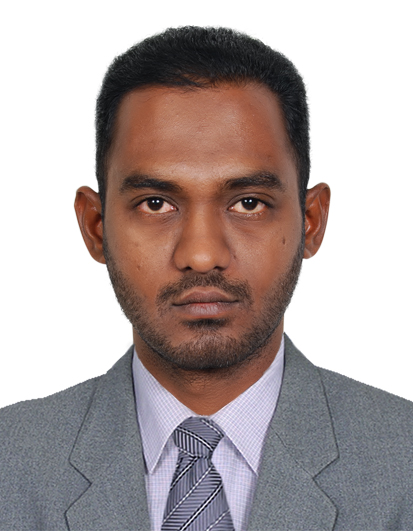Advanced Manufacturing Institute Organizes Lecture on Electron Beam Melting
 Advanced Manufacturing Institute recently organized a lecture on ‘Electron Beam Melting: an additive manufacturing process for aerospace and bio-implant industries’ presented by Dr. Ashfaq Mohammad.
Advanced Manufacturing Institute recently organized a lecture on ‘Electron Beam Melting: an additive manufacturing process for aerospace and bio-implant industries’ presented by Dr. Ashfaq Mohammad.
Dr. Ashfaq said in his lecture, the current aerospace industry, there is greater emphasis in pushing up the working temperatures of jet engines from 500 degrees C to 750 degrees C. Ni and Ti based alloys used in today’s engines do not possess the ability to withstand such high temperatures. Gamma-TiAl alloys which are basically intermetallics, are potential candidate materials for such a high temperature regimes. However, Intermetallics are difficult to process by forging or machining. Casting is comparatively a better route, though it also suffers from problems such as poor fluidity, easy cracking at stress concentrated portion.
Further, Dr. Ashfaq added, additive manufacturing is one of the latest technologies for producing near net shape metal parts. The advantages of this technology are many which includes ability to produce: highly dense solid parts, near-net shape parts with little or no post-processing, parts with materials difficult to machine or forge. Electron Beam Melting (EBM), one of additive manufacturing technologies, has been successfully commercialized by ARCAM AB (Sweden). In EBM process, as the whole build chamber is enveloped in high vacuum, problems of atmospheric contamination and porosity are minimized to a large extent. Currently, work is being carried out at King Saud University to develop process to build parts on EBM from TiAl feedstock powder. Challenges faced and how this route differs from the existing route of Ti-Al-4V would be presented.
Moreover, Dr. Ashfaq informed suitability of EBM process to produce bio-implants such as Tooth copings would be discussed. Another topic relevant to EBM is `Benchmarking’. Benchmarking of the machine as well as the whole process and the associated difficulties would be brought about in concluding part of this talk.
Dr. Ashfaq is currently Assistant Professor at Advanced Manufacturing Institute, King Saud University. His research includes Additive Manufacturing and Solid state welding.
Previously Dr. Ashfaq was Assistant Professor for about three years at NIT Trichy in Dept. Of Metallurgy before he moved to Saudi Arabia in 2010. He holds Ph.D. in welding technology from IIT Madras, India.

